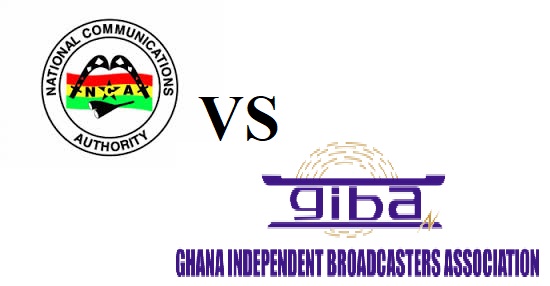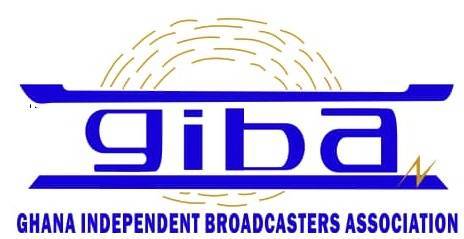- July 12, 2018
- Posted by: emblisha
- Category: Uncategorized

On Monday, 18th June, 2018, the Electronic Communications Tribunal which was established by the Electronic Communications Act 2008 (Act 775) and guided by the National Communications Authority Act 2008 (Act 769), gave its unanimous ruling on the case filed by the Ghana Independent Broadcasters Association (GIBA) on behalf of its members who had authorized GIBA to represent them. The first such decision since the establishment of the Tribunal.
The Tribunal unanimously ruled that the penalties imposed on affected members by the National Communications Authority’s pursuant to the Nationwide FM Broadcasting Audit were unlawful and proceeded to quash same. The Tribunal held that there was no legal basis for the imposition of the penalties as prescribed in N(7) of the Schedule of Penalties and that there were other applicable sanctions that the NCA could have lawfully deployed but which it chose not to.
There were four (4) grounds of appeal submitted at the Tribunal, namely:
(a) The National Communications Authority (NCA) erred when it penalized the affected members according to the Schedule of Penalties when those penalties were not applicable to the offences/breaches the radio stations were alleged to have committed.
(b) That the NCA erred when it applied the Schedule of Penalties to punish the radio stations for their alleged offences/breaches when the applied portions of the said Schedule of Penalties are ultra vires the Electronic Communication Act, Act 775 and therefore void and of no effect.
(c) That the NCA erred when it sought to apply the penalties against the radio stations in a retrospective manner.
(d) That the NCA erred when it imposed penalties on the radio stations without offering them the opportunity to remedy the alleged infractions as provided for under Act 755.
In effect, the appeal on ground (a) was allowed while grounds (b), (c) and (d) were dismissed because as the Tribunal explained, events which occurred after the initial invocation of the penalties and after the appeal was lodged, for example, the grant of the general amnesty in December 2017 by the NCA which included a change in the period within which the penalties were applied rendered those grounds moot.
The Tribunal further ruled that the imposition of the sanctions by the NCA without granting the “subject of the penalty an opportunity to make representations on its own behalf with regard to the penalty” prior to the levying of those penalties amounted to procedural impropriety and therefore proceeded to quash same. In other words, prior to the levying of a penalty, the licensees should have been afforded an opportunity of defending itself against the imposition of the penalty either in writing, orally or through consultations.
